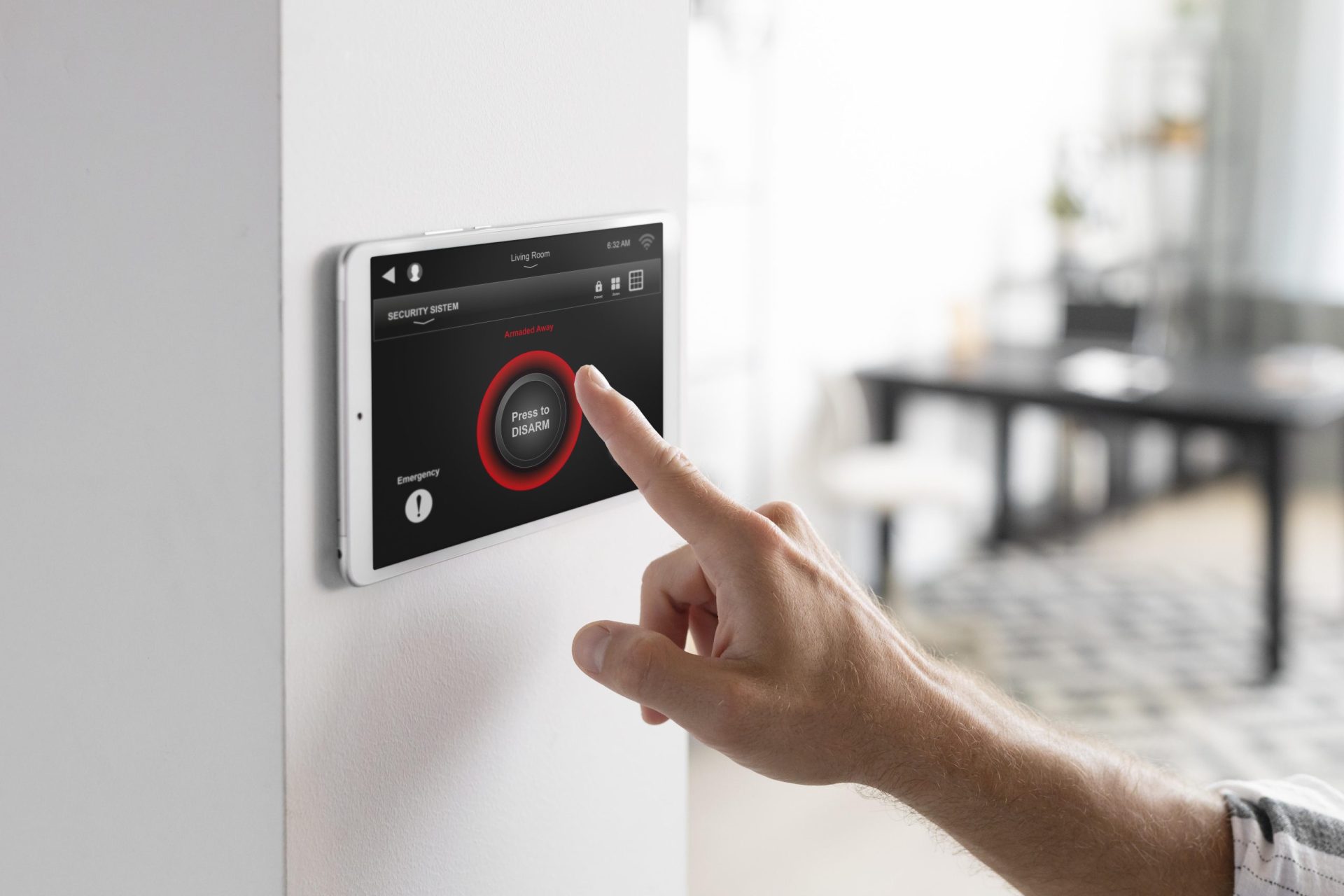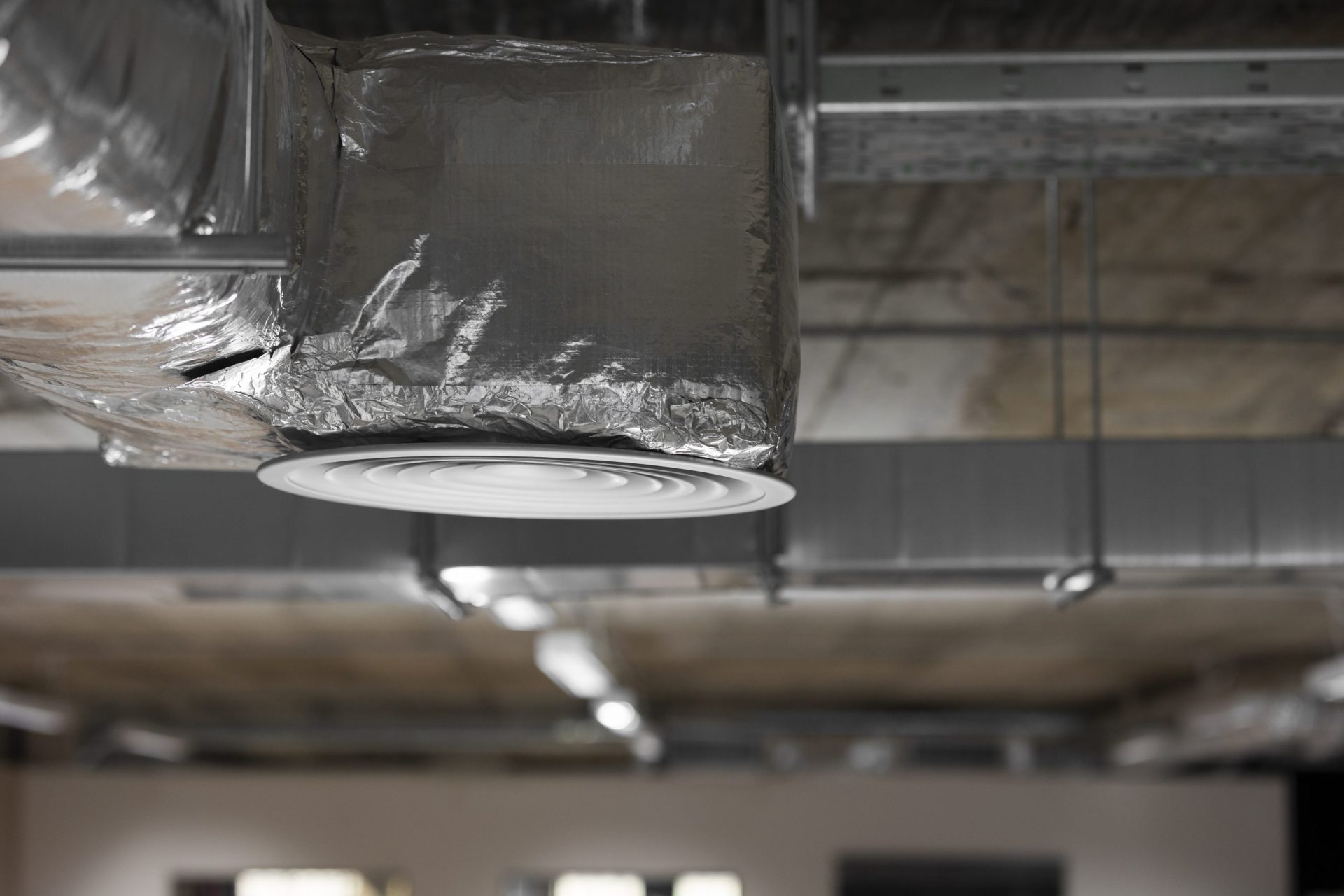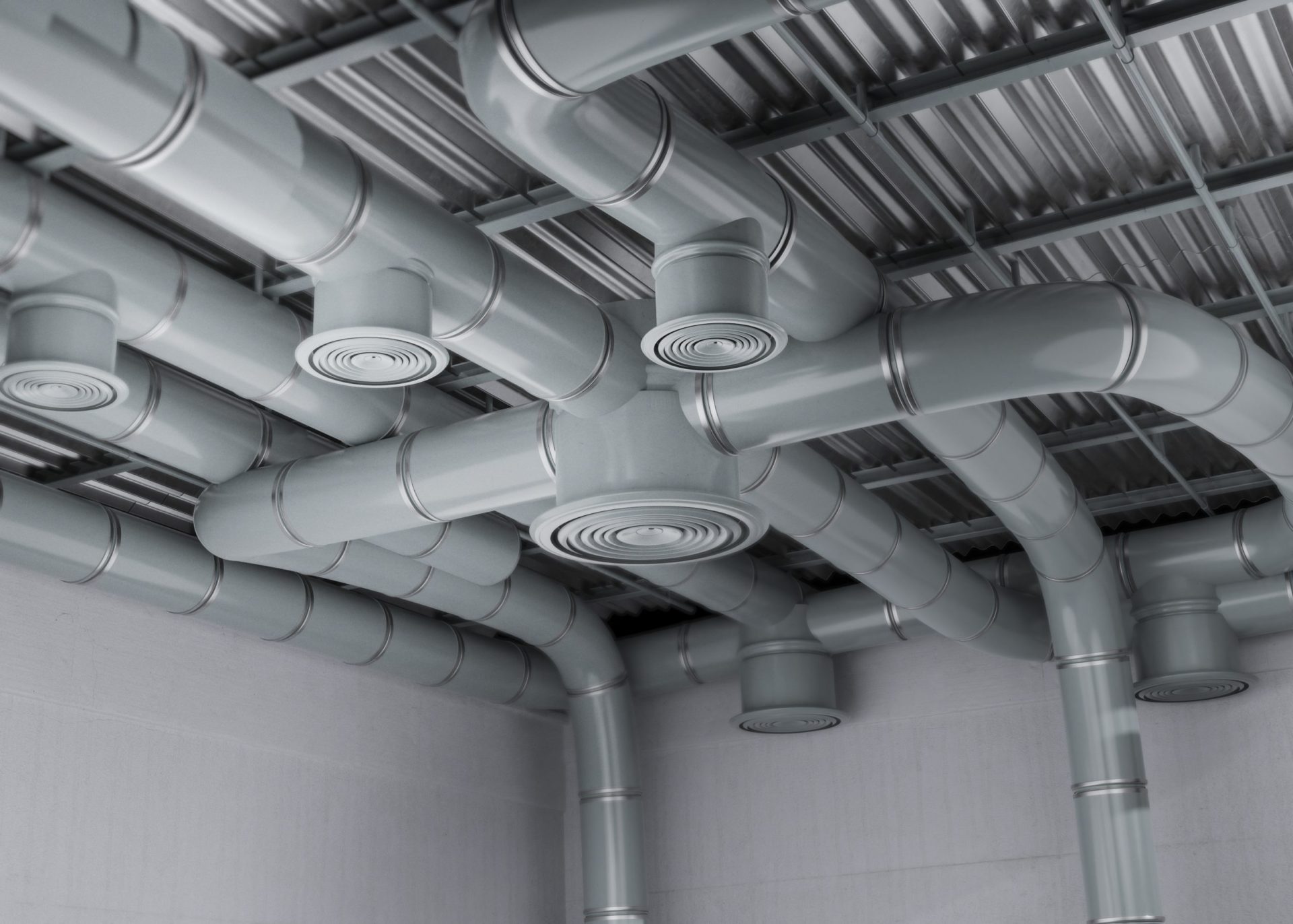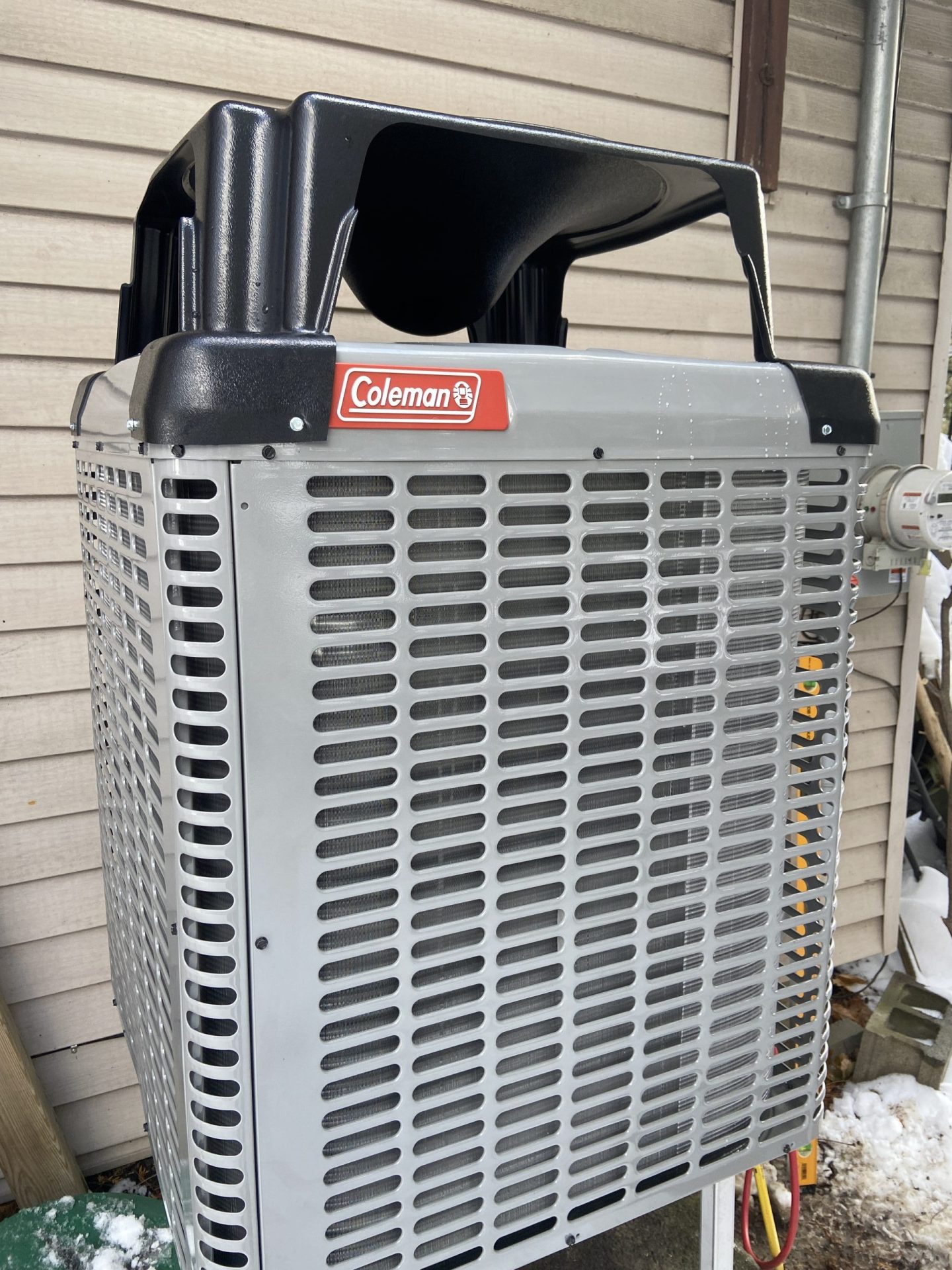- Change your air filter regularly: A dirty air filter can restrict airflow and make your HVAC system work harder, leading to higher energy bills. It’s recommended to change your air filter every 1-3 months, depending on usage and the environment.
- Set your thermostat to the right temperature: Setting your thermostat to the right temperature can help reduce your energy bill. During the winter, set the thermostat to 68 degrees Fahrenheit when you’re at home and lower when you’re away or sleeping. During the summer, set it to 78 degrees Fahrenheit when you’re at home and higher when you’re away or sleeping.
- Use a programmable thermostat: A programmable thermostat can help you control the temperature in your home more efficiently, and can save you money on your energy bills.
- Seal any leaks: Leaks in your HVAC system can lead to wasted energy and higher bills. Regularly check for leaks and have them sealed by a professional.
- Insulate your ducts: Insulating your ducts can help keep the warm or cool air inside them and reduce the amount of energy needed to heat or cool your home.
- Clean and maintain the outside unit: The outside unit of your HVAC system can become clogged with debris, such as leaves and twigs, which can reduce its efficiency. Cleaning the unit and making sure there is proper ventilation can help improve its performance.
- Keep the area around the HVAC unit clear: Make sure that the area around your HVAC unit is clear of debris and obstacles. This will help ensure proper airflow and prevent damage to the unit.
- Use ceiling fans: Ceiling fans can help circulate the air in your home and make it feel cooler, allowing you to set your thermostat higher in the summer, which can save you money on your energy bill.
- Use natural light: During the day, open the curtains and use natural light instead of turning on the lights. This can help reduce your energy bill.
- Schedule regular maintenance: Regular maintenance by a professional can help identify and fix any potential issues before they become bigger problems. It’s recommended to schedule maintenance at least once a year.
By following these tips, you can help reduce your energy bill and improve the efficiency of your heating and air conditioning systems. Remember to always call a professional for any repairs or maintenance that you are not comfortable doing yourself.







